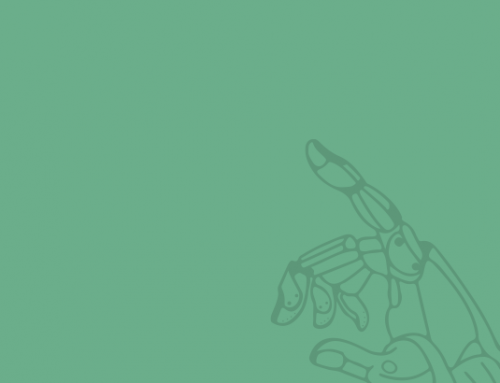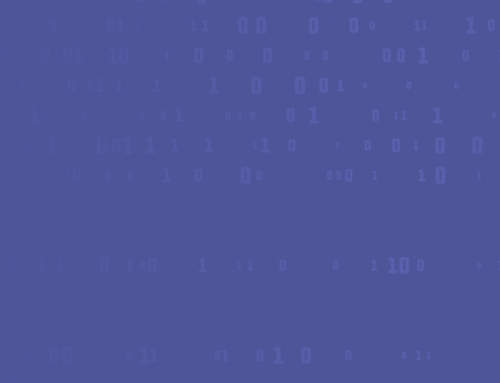Kenzhegul Bektemirova is a social teacher at school in Min-Bulak village in Naryn oblast. Since her childhood, she aspired to become a teacher. She played only one game with the children in the neighborhood: as if they were schoolchildren. She made homework diaries from notebooks and put marks in them.
Having graduated from the Pedagogical Institute, Kenzhegul became a Kyrgyz language teacher in her home village. After eight years of working at the in her home town school, Kenzhegul started working extra hours for home-based training. One of the students changed her view of looking at many things.
“When I came to Bolot for the first time, he was diagnosed with cerebral palsy, I saw the following picture: a boy was sitting at the table in a small room and he was writing slowly with great effort, it was evident that he found it difficult to do so. His fingers were not responding very well, he broke into a sweat. I started to teach him, the boy turned out to be smart and diligently. We had a good lesson. I was about to leave and met the boy’s father in the doorway. “There is no point in teaching him, since he will stay at home until old age,” he said.
When Bolot heard his father’s words, he tensed and started crying. To calm him, I whispered: «Do not cry, you will go to school». I said this and forgot about my words. And when I came next time, Bolot asked me: “Eje, are we going to school today?” I felt ashamed and I could think of no reason why he should not go to school”.
Kenzhegul recalled that in the secondary school №7 in the city of Naryn there was a seminar for teachers and a resource center as inclusive education was opened there. Kenzhegul went to Naryn and met with Shaimuratova Turdubu who specialized in protecting the interests of children with disabilities, and she advised Kenzhegul to bring not only Bolot to school but other children with disabilities as well.
Kenzhegul returned to the village and turned to the headmaster with a proposal: “Agay, can I bring children with disabilities to school?” And she heard: “Yes, you can but it is you who will be responsible for them. I suggest that you be a social pedagogue”. Kenzhegul agreed though she knew that the social pedagogue had a lower salary and a longer working day unlike the “subject teacher”. She couldn’t give up and in 2012 began working with children as a social teacher.
“Bolot was my first inclusive student and I brought three more children to school after him. These were children with mental disabilities. Pupils of other classes stopped to look at them as a local specialty. Some students were curious, the other students were hostile. The more important was this work for me. I realized that our society has a lot to learn. I firmly decided to fight stereotypes and instill in children tolerance. I began to hold events so that children would be together and communicate with each other. I set up a school club and involved high school students as volunteers. I constantly studied and attended all the workshops conducted by the Eurasia Foundation of Central Asia with the support of the Soros Foundation — Kyrgyzstan in Naryn.
Experts came to our village, examined the children and provided recommendations to teachers, nurses and parents. Our Family Days were aimed at strengthening the relationship between children and parents, and providing parents with useful information about child-rearing as well”.
Today Kenzhegul works individually, visits families, does awareness-raising work with parents, controls the attendance of children for classes and helps in choosing hobbies. She collaborates with the social security authorities and the council of aksakals on account of her activities.
As Anara Nadirbekova, Executive Director of the Eurasia Foundation of Central Asia, says: “Kenzhegul feels the problems of parents and students and catches on family conflicts. For these six years, she has been able to help many children. Bolot, her first student in the inclusive experience, completes the tenth grade this year”.
The headmaster highly appreciates Kenzhegul: “As a social teacher, she always and everywhere tries to represent the interests of a child, attends the necessary authorities with the children and takes them to the hospital. Many our students face social problems in their families, often Kenzhegul has to deal with the indifference of parents and others. But we know that she can cope with any problem.
The Eurasia Foundation of Central Asia with the support of the Soros Foundation-Kyrgyzstan assisted the school at Min-Bulak village in the implementation of inclusive education initiatives and provided information and methodological support to the social teacher Bektemirova Kenzhegul as well.
The Education program of the Soros Foundation-Kyrgyzstan supports initiatives that are aimed at creating conditions for improving access to education for children with special educational needs and those children from socially vulnerable groups of society. The work is focused on combining the resources of state bodies, the civil sector and educational organizations in order to implement the tasks aimed at developing and implementing a iholistic model of inclusive education in the Kyrgyz Republic. Education should be available to every child!



